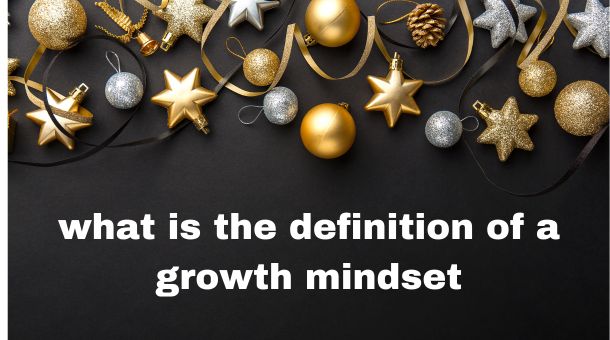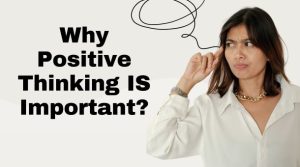In a world of constant flux where hurdles and change are inescapable, the idea of a growth mindset becomes important to personal and professional growth.
A growth mindset is first come by psychologist Carol Dweck:
“transformative philosophy that affects how we approach success, resilience, and learning, It is more than just a belief system.”
In this article, we looked at The complexities of a growth mindset, including its core values and the significant effects it can have on people as well as communities.
The exploration of the growth mindset promises insights that resound across various spheres of life, whether you‘re a professional or excellence in the workplace, a student across the difficulties of education, or someone simply interested in learning the keys to unlocking your full potential.
Go with me on this journey of self-exploration and empowerment in which I dissect the importance of a growth mindset, highlight its salient features, and offer you a piece of helpful advice on how to develop this mindset in your own life.
This article is a deep resource for anyone who is searching to embrace an improved mindful lifestyle, from dispelling popular myths to examining actual instances of its transformative power.
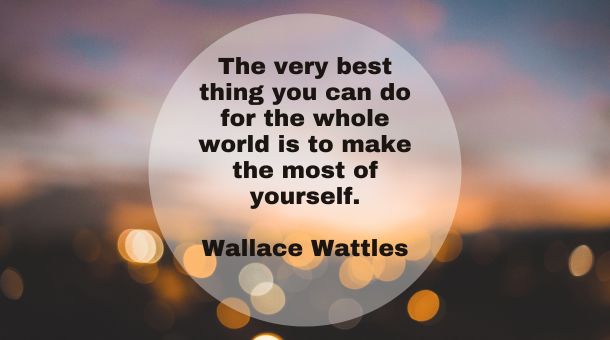
What is a Growth Mindset?
The concept of the psychology of a growth mindset was created by Stanford psychologist Carol Dweck in her ground-breaking study on success and accomplishment.
A growth mindset is the conviction that one can gradually enhance one’s skills, intelligence, and abilities via commitment, effort, and education.
People who have a growth mindset view challenges as chances for both professional and personal development rather than as insurmountable obstacles.
How does a Growth Mindset Differ from a Fixed Mindset?
| Aspect | Growth Mindset | Fixed Mindset |
| Belief about Abilities | Intelligence and abilities can be developed and improved | Intelligence and abilities are fixed and innate |
| View on Challenges | Embraces challenges as opportunities for learning | Views challenges as threats; avoids or fears them |
| Response to Effort | Values effort as a path to mastery and achievement | Believes that if you have to try, you’re not talented |
| Handling Setbacks | Sees setbacks as opportunities to learn and grow | Takes setbacks personally, may give up easily |
| Feedback Reception | Welcomes constructive criticism and uses it for growth | Takes feedback personally, may ignore or resist it |
| Success of Others | Finds inspiration in the success of others | Feels threatened by the success of others |
| Learning Orientation | Enjoys the process of learning and continuous improvement | Prefers to stick to what they know and avoid challenges |
| Outcome Focus | Focuses on the process and journey toward goals | Primarily concerned with proving innate ability |
| Long-Term View | Sees development as a lifelong journey | Believes abilities are fixed and future is predetermined |
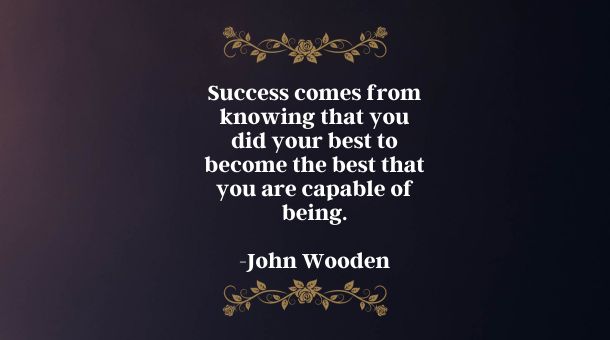
Why is a Growth Mindset Important for Personal Development?
- Encourages resiliency in the face of difficulties and disappointments.
- Encourages a positive outlook on exertion and diligence.
- Promotes the idea that skills can be acquired over time.
- Promotes greater flexibility and receptivity to novel experiences.
- Give people the tools they need to accept constructive criticism and grow from it.
- Fosters an attitude that views setbacks as chances for improvement.
- Encourages persistence and motivation in the pursuit of long-term objectives.
- Encourages self-efficacy and self-assurance in one’s skills.
- Encourages an attitude that sees success as a process rather than a final goal
What Are the Key Characteristics of a Growth Mindset?
- Views obstacles as chances for development and learning.
- Passion for Learning: Possesses an innate drive to keep learning new things and developing existing abilities.
- Do not let failure discourage effort because it views it as a route to mastery.
- Acknowledges setbacks as transient events and draws lessons from them.
- Accepts helpful criticism and makes use of it as a tool for development.
- Takes inspiration and motivation from other people’s achievements.
- Stays focused on the procedure and is constantly looking for methods to make it better.
- Considers setbacks as chances to grow and improve skills.
- Maintains the conviction that skills and intelligence can be acquired over time.
How Does a Growth Mindset Impact Learning and Achievement?
- Increased Motivation
- Embracing Challenges
- Persistence and Resilience
- Effort as a Path to Mastery
- Openness to Learning
- Optimal Use of Feedback
- Reduction of Fear of Failure
- Adaptability
- Increased Self-Efficacy
- Long-Term Goal Achievement
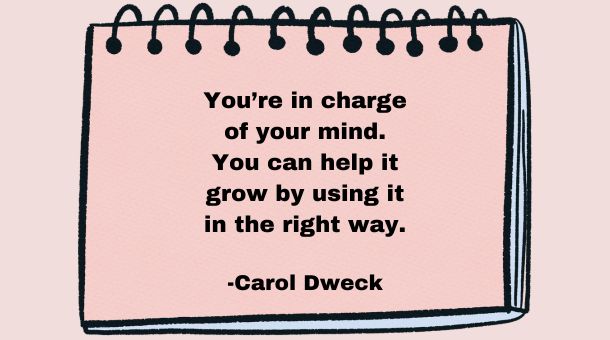
What Are Some Myths and Misconceptions About Growth Mindset?
It’s Just Positive Thinking:
Myth: A growth mindset is not simply about positive thinking; it involves a belief in the potential for development through effort and learning.
It Eliminates the Need for Effort:
Myth: Having a growth mindset doesn’t mean success comes without effort. It emphasizes the importance of effort in achieving goals.
It Ignores Inherent Talent:
Myth: Recognizing the potential for growth doesn’t dismiss the existence of natural talents but highlights that effort is crucial for realizing that potential.
It Guarantees Success:
Myth: A growth mindset doesn’t guarantee success but provides a foundation for resilience, learning, and improvement in the face of challenges.
It’s Only Relevant in Academic Settings:
Myth: A growth mindset is applicable in various aspects of life, including professional development, personal relationships, and skill acquisition.
How Can Parents Foster a Growth Mindset in Their Children?
- Encourage Effort Over Outcome
- Normalize Mistakes and Failures
- Promote a Love for Learning
- Model a Growth Mindset
- Use Positive Reinforcement
Conclusion
A few transformative gifts parents may provide their kids is to help them develop a growth mindset. Parents can empower their children to face challenges head-on by modeling resilience and determination, accepting mistakes as learning opportunities, and instilling a love of lifelong learning.
Children who absorb the idea that skills can be acquired via hard work and education not only improve their performance in school and their personal lives, but also establish a mindset that will lead them to a life filled with curiosity, flexibility, and fulfillment.
Parents are essential in creating a mindset that not only accepts but thrives on the journey of growth through these deliberate efforts.

